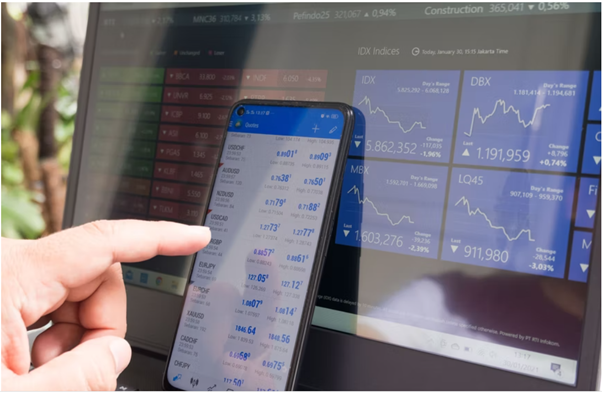
Whether you’re a new trader or more experienced, it’s natural to want to make sure you’re using your trading capital well. Part of this is learning trading strategies of course, but it’s simpler than that: are you sure you’re trading on the best market? Naturally, there’s no one size fits all “best” market, but every market has its own distinctive properties. If you’re trading on the best market for you, these properties will fit in with your life and your trading style. So, which are the best markets to trade?
Explaining the financial marketplace
If you’re a very new trader , chances are you’re a little lost in all the jargon. Let us break it down for you.
The financial markets exist for the buying, selling and trading of financial instruments , such as stocks, currencies, commodities and cryptos. Traders will buy and sell these instruments in an attempt to make a profit whilst limiting losses.
Thousands of tradable markets
There are tens of thousands of tradable markets in the world. Traders do not have to pick one financial market to trade on, but when learning how to trade, day traders especially, often pick one or two to focus on. This allows them more time to focus on the movements being made within those markets, as well as a greater ability to understand that market deeply.
However, it’s still important to understand (at least on a surface level) the other financial markets. The way each market moves can impact other markets (for example, here is how forex markets can affect stock markets ). On top of this, as your lifestyle changes you may want to begin trading on a different market, so having an understanding of what is available will help.
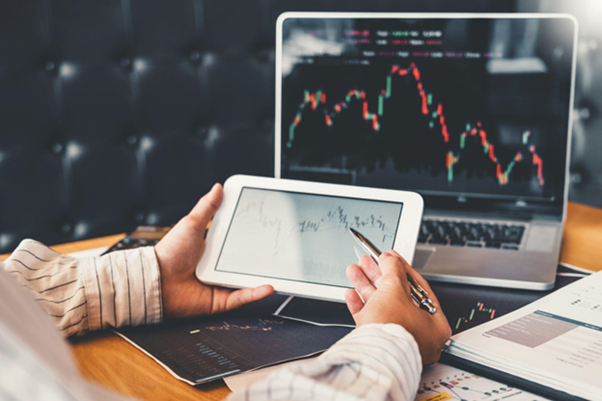
The financial markets keep expanding, so what is on offer is always changing. No matter whether you’re a new trader or a very experienced one, evaluating whether or not you’re trading on the right market for you every now and then can be beneficial.
What types of markets are there?
As you learn how to trade, you’ll find that there are many different ways you can trade at the click of your mouse or a tap of your phone screen. Depending on your trading education and experience with the markets, you might not even be aware of how many ways to trade there are out there.
The largest and most accessible markets to trade
These are some of the largest financial markets available for anyone with an internet connection:
- Stock market
Perhaps the most well-known and widely understood market, the stock market involves buying and selling shares in publicly traded companies.
- ETF market
ETF stands for Exchange Traded Fund. An ETF is a type of pooled investment security. An ETF will usually track a certain index, commodity (like gold or oil), or sector, and they can be purchased or sold on a stock exchange. An ETF can track anything from the prices of individual commodities to a big selection of different securities. You can understand more about ETFs in this short Bloomberg video .
- Forex market
Forex is a combination of the words “Foreign Exchange” and is the market for currencies. Forex trading is similar to buying and selling other securities, like stocks, with one key difference: currencies trade in ‘pairs’. For example, the British pound versus the US dollar (GBP/USD) or the Euro versus the US dollar (EUR/USD). When you learn to trade forex, you buy one currency and sell another. You make a profit if the currency you bought moves upwards against the currency you sold.
- Commodities market
A commodity market is where traders can buy, sell or trade natural resources such as metals, energy sources (oil, gas) and foodstuffs like wheat, cocoa and sugar. These markets are used by producers of commodities, such as oil companies or farmers to sell their products to buyers. But using financial derivatives such as futures, spread betting and contracts for difference (CFDs), traders can also make bets on the movement in price of the underlying commodities. When you learn to trade, these markets will be available to you.
- Crypto market
A cryptocurrency or crypto is a digital currency or token, often built on a computer network known as the blockchain and secured by cryptography. The first and most famous crypto is Bitcoin , originally created in 2009 in the wake of the Great Financial Crisis and initially only of interest to a relatively small group of computer experts and financial geeks. But crypto has grown to be a popular market for traders due to the huge number of cryptos now available and the volatility that creates the potential for big profits both from buying and short-selling .
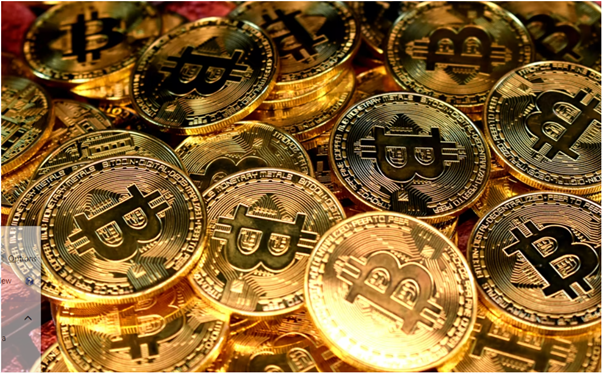
There are other markets, of course, but these are the most popular and easily accessible for both beginners and advanced traders.
Each market has its own distinct properties, which is how traders choose which one to trade on. Many traders may decide to trade a market because an aspect of it fits their lifestyle, whereas others prefer to focus on their trading style. So how should you choose which market to trade?
How to choose which market to trade
You may think choosing a market is as simple as figuring out which market is most profitable, but there’s more to it than that. Traders choose markets based on a selection of factors, like:
- Trading style and risk tolerance
Every established trader has built a trading style that works for them. This style will be developed through learning strategies and understanding your own risk tolerance. For example, some traders like lots of volatility or big changes in prices. These people can stomach the big swings in profit and loss that can go with market fluctuations. Other traders (even well-established ones) shy away from volatility and prefer to trade markets that move less to contain their risk. As you learn to trade, understanding your own preferred trading style will help you figure out which market is right for you.
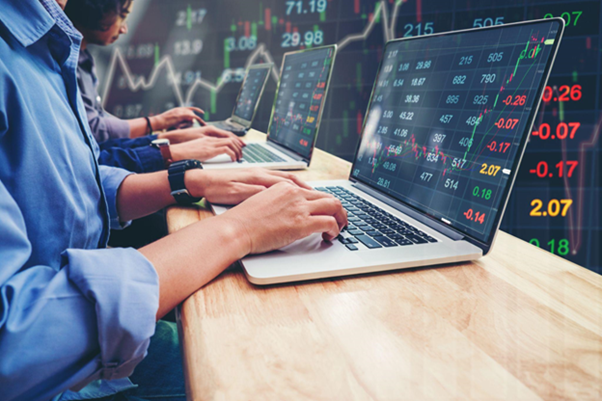
- Lifestyle
There are markets that are open 24/7, markets that are open 24/5, and markets that are closed overnight. So, you can always find a market to trade. But it depends largely on your lifestyle and commitments. If you have lots of time on your hands and like volatility, you might be keen to day trade the faster forex pairs or stock indices, looking for lots of small trades through the day. But if you’re looking for longer-term swing trades lasting days, weeks or even months and bigger moves, then the commodity, forex, stock and cryptocurrency markets which all often see big, trending moves might be more your thing. Or perhaps you’d like a mixture of intraday and longer-term trades, in which case you may like to explore trading individual stock market-listed shares.
- Financial resources
Some markets require you to have more money on hand, but there are options that allow you to trade with only a small amount of money to start with.
- Location
Many markets are available internationally, but there are also local markets. The good news is that the internet means the markets are largely more accessible, but location does still play a small part. Some traders prefer to trade only local markets – e.g. UK-listed shares for British traders – whereas others are quite happy to trade anything that moves and that their trading platform allows them to trade.
Again, it comes down to personal preference and it’s something you can decide as you learn how to trade.
How can Trendsignal help?
Figuring out the markets alone can be tricky. Here at Trendsignal, we offer trading courses that provide you with the skills you need to learn to trade the financial markets. Combine our powerful and simple strategies with our comprehensive training and support, and you’ve got a recipe for success. Whilst we can’t choose a market for you, we can help you increase your knowledge of financial markets and offer guidance whilst you figure out your trading style. And with our range of trading courses we should have something to suit your style.

The lessons are tailored to you, so you can work them around your lifestyle. You’ll learn tried and tested strategies from successful traders who started out as Trendsignal students themselves. You can participate in online workshops and Q&As, including watching live trades and analysis. All this (and more) adds up to form our Trendsignal Plus Course , which will give you everything you need to learn how to trade with confidence. If this sounds like what you need, get in touch with us or use the Green Button at the top of this page to book a free webinar to try it out.






